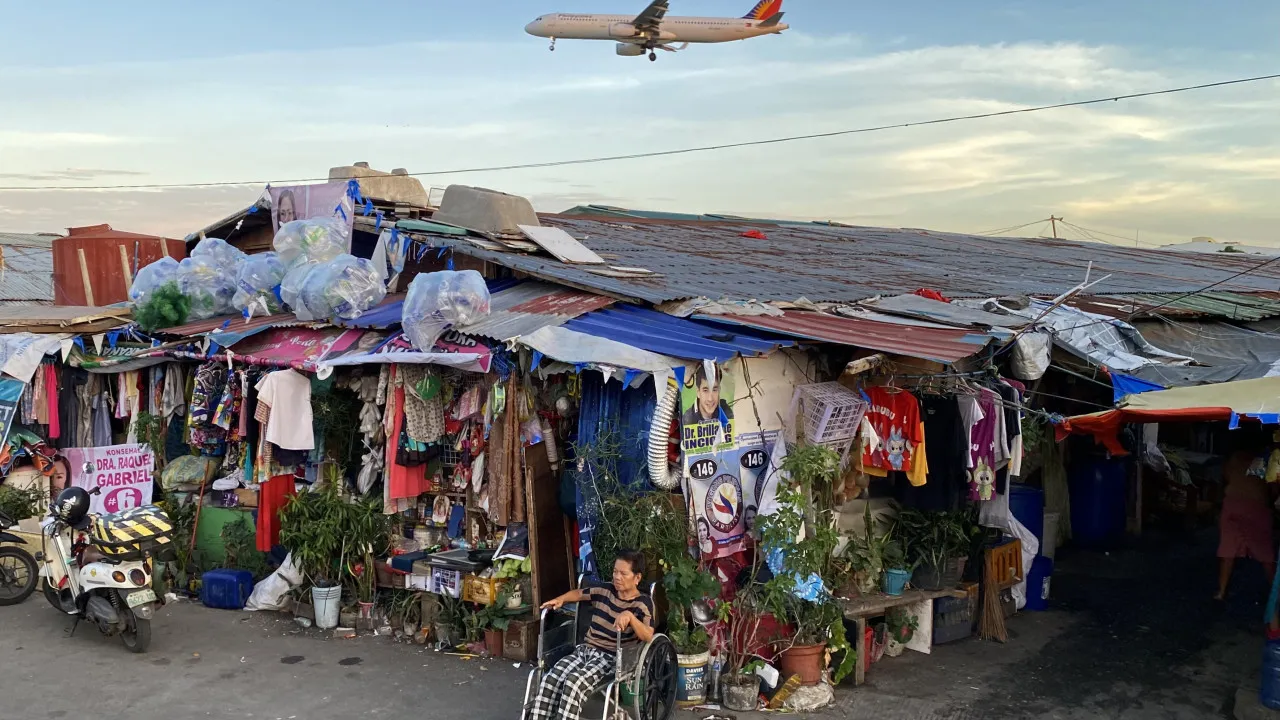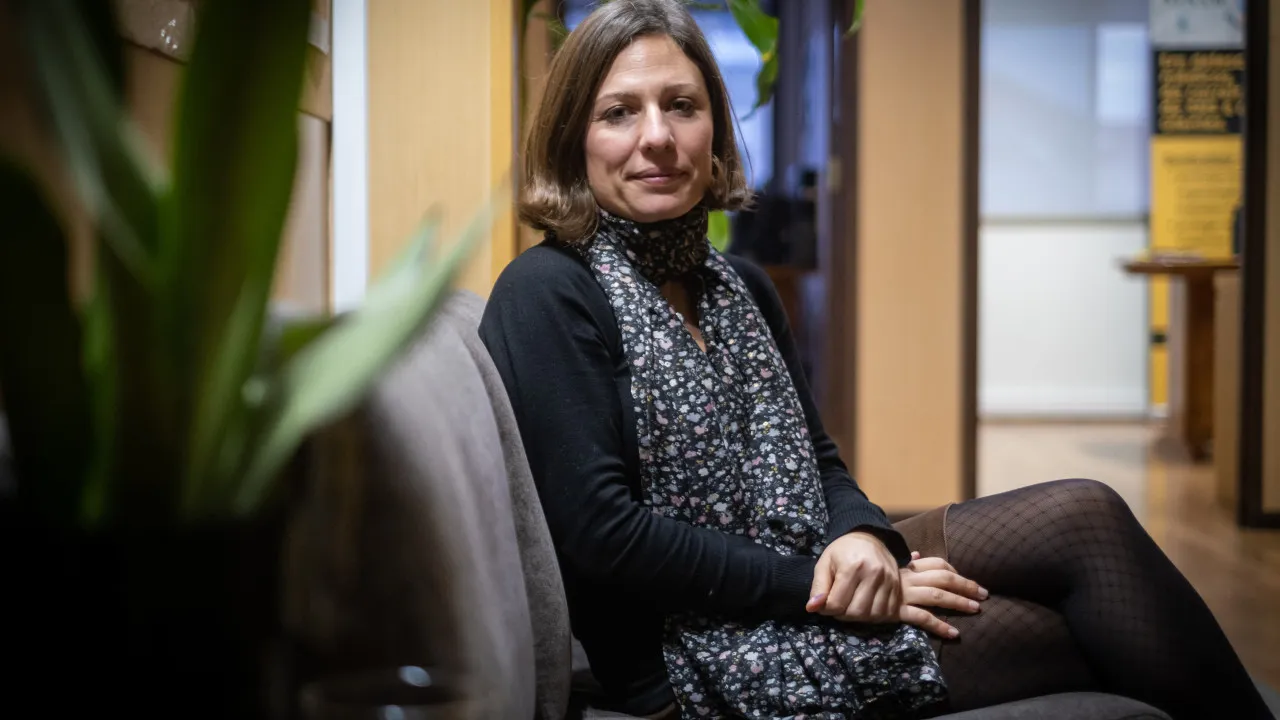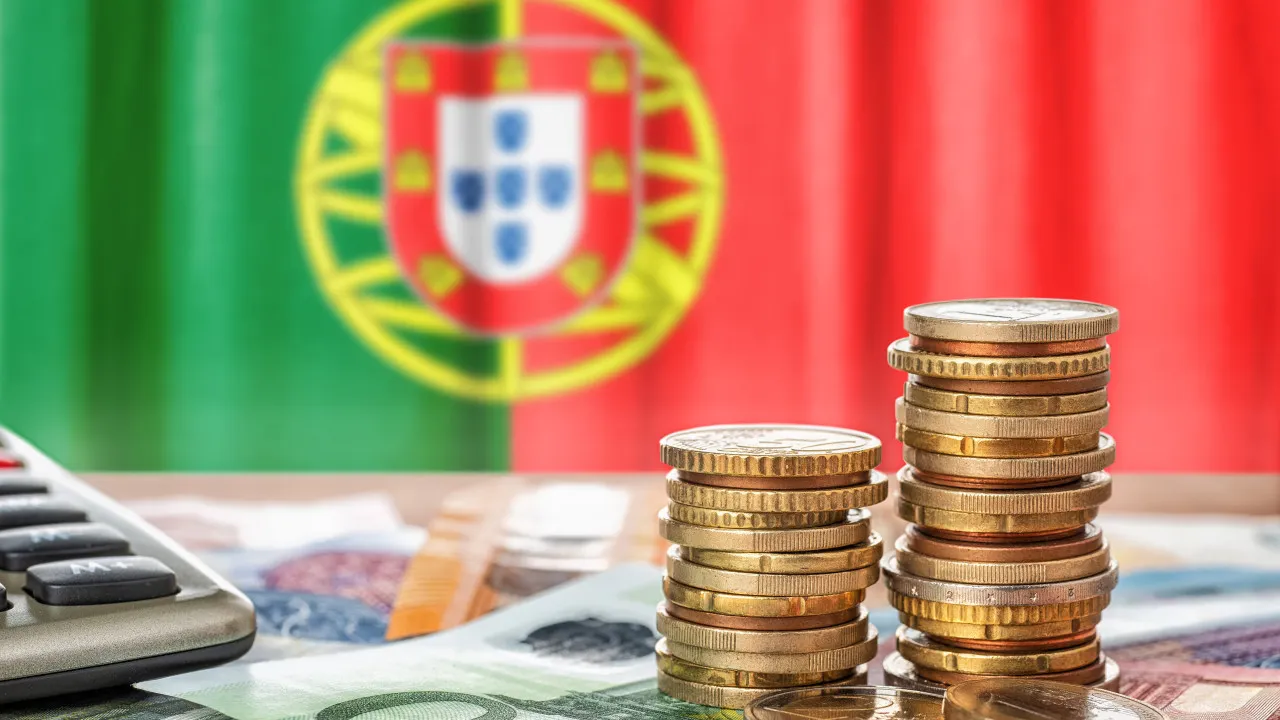
In the document “From Private Profit to Public Power: Financing Development, Not Oligarchy,” the non-governmental organization (NGO) highlighted that the wealth of the richest 1% has increased by $33.9 trillion (approximately €29 trillion) in real terms since 2015, when the UN’s Sustainable Development Goals were agreed upon.
This amount would be enough to end annual poverty 22 times, the NGO stated in the report released ahead of the International Conference on Financing for Development, scheduled for next week in Seville, southern Spain.
The new analysis revealed an “astronomical increase” in private wealth between 1995 and 2023, with a growth of $342 trillion (€296.4 trillion), eight times greater than public wealth.
The document accuses wealthy governments of making the largest cuts in development aid, which it describes as “essential for survival,” since aid records began in 1960.
“The wealth of just three thousand billionaires increased by $6.5 trillion [€5.63 trillion] in real terms since 2015 and now represents the equivalent of 14.6% of the world’s GDP,” the NGO stated.
The analysis further argued that only G7 countries (the group of seven most developed countries in the world), which account for about three-quarters of all official aid, are reducing it by 28% by 2026 compared to 2024.
Meanwhile, the debt crisis “is bankrupting poor countries, which are paying far more to their wealthy creditors than they can spend on classrooms or hospitals.”
The report also examines the role of private creditors, who “account for more than half of the debt of low- and middle-income countries, exacerbating the debt crisis with their refusal to negotiate and punitive conditions.”
“Rich countries have put Wall Street in charge of global development. It is a global takeover of private finance that has overshadowed empirical-based strategies, aimed at combating poverty through public investment and fair taxation,” said Oxfam’s director-general, Amitabh Behar.
Oxfam called on governments to subscribe to policy proposals that “promote radical change, fighting extreme inequality and transforming the development finance system.”
These proposals include developing new strategic partnerships against inequality, rejecting private financing as a “silver bullet” for development, taxing the ultra-rich, reforming the debt architecture, and revitalizing aid.
“It’s time to reject the Wall Street consensus and instead give control to the citizens. Governments should heed the widespread demands to tax the rich and accompany them with a vision of building public goods, from healthcare to energy,” Behar added.
The research was conducted by market research firm Dynata, between May and June, in Brazil, Canada, France, Germany, Kenya, Italy, India, Mexico, the Philippines, South Africa, Spain, the United Kingdom, and the United States.
Together, these countries represent about half of the world’s population, according to Oxfam.




